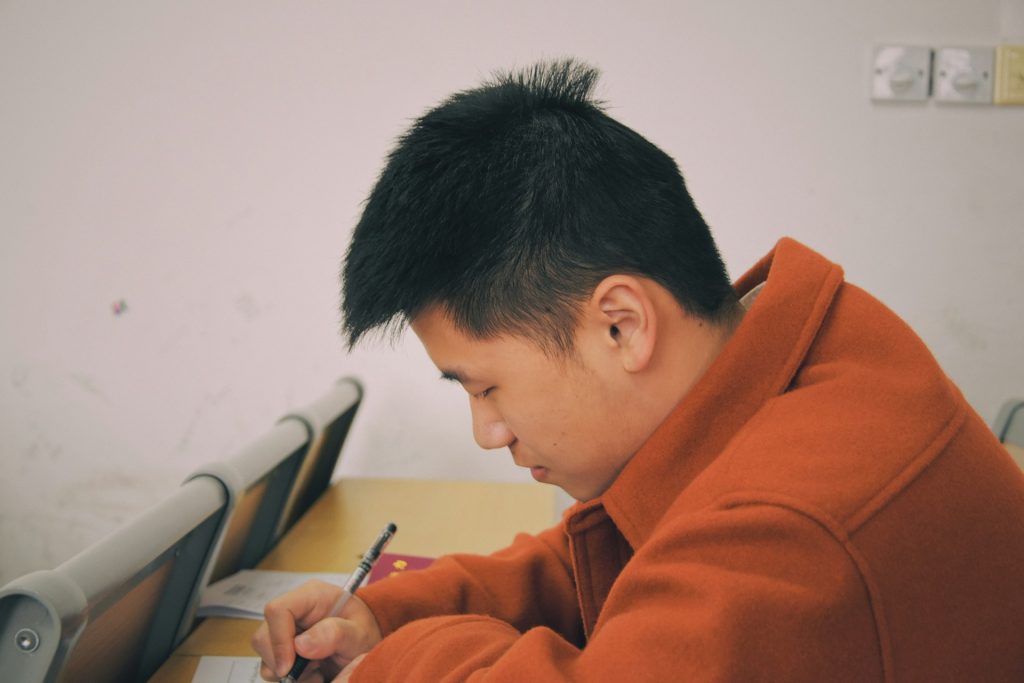
Are you thinking about studying in Australia but worried that your age might affect your eligibility? Many students, whether young or mature, wonder if there’s a specific student visa age limit in Australia when applying for their education.
Australia is known for its world-class education system and is one of the top destinations for international students. The good news is that there is no official upper age limit for applying for a Student Visa (Subclass 500), which is the primary visa for international students in Australia. However, if you are under 18, there are specific welfare requirements, and if you’re over 40, immigration officers may assess your application more closely.
In this guide, we’ll break down the age requirements for different student visa categories, what conditions apply based on your age, and how you can strengthen your application.
Is There an Age Limit for an Australian Student Visa?
No, there’s no age limit, but you can apply for an Australian student visa at any age. The requirements vary depending on your education level.
- If you are applying for a primary or secondary school, there are strict age limits in place to ensure that students are placed in the right academic year.
- For university applicants, there is more flexibility, but older students might need to provide additional justification for their study plans.
Age is just one factor in the visa process, but it plays a role in determining your eligibility, welfare requirements, and future study or work opportunities.
Let’s explore these age-related conditions in more detail.
Age Requirements for School Students Applying for a Student Visa
If you are planning to enrol your child in an Australian school, they must meet specific age requirements. The minimum age to apply for a student visa is 6 years old. Additionally, school students must be within the following age limits when starting a new academic year:
- Less than 17 years old for Year 9
- Less than 18 years old for Year 10
- Less than 19 years old for Year 11
- Less than 20 years old for Year 12
These restrictions exist to ensure students receive education at an age-appropriate level and can integrate smoothly into the school system. If a student does not meet these age criteria, they may not be eligible for a school enrolment under the student visa program.
For younger students, transitioning to a new country can be overwhelming. To support their adjustment, Australian schools provide structured programs, student welfare support, and designated guardianship options. However, students under 18 must also meet additional welfare and accommodation requirements.
Welfare and Custody Requirements for Students Under 18
For international students under 18, the Australian government requires approved welfare arrangements to be in place before a visa can be granted. This ensures that young students have a safe and supportive environment while studying away from home.
There are three main options to meet this requirement:
- Staying with a parent or legal guardian.
- Living with a relative or family friend approved by the Department of Home Affairs.
- Arranging accommodation through the educational institution, which will issue a Confirmation of Appropriate Accommodation and Welfare (CAAW) letter.
Parents or guardians must also complete specific forms, such as Form 1229 (providing parental consent) and Form 157N (detailing the guardian arrangements in Australia). If a student turns 18 while in Australia, they must inform immigration authorities, as they may no longer need to provide welfare documentation.
Ensuring these welfare requirements are met is a key step in securing a student visa for younger applicants.
Age Considerations for University and Higher Education Applicants
For students applying to university or higher education programs, there is no official minimum or maximum age limit for a student visa. However, most students enter university after completing high school, typically at 17 or 18 years old. Some universities may have policies regarding younger students, so it’s always good to check before applying.
If you are over 40 years old, your application may be assessed more closely to determine whether you are a genuine student. While age itself does not disqualify you, you may be required to provide additional proof of your study intentions. This is especially important if you have had a long gap in education or if your chosen course does not align with your past academic or professional background.
Postgraduate and Graduate Visa Age Limits
Many students wish to continue living in Australia after completing their studies. One of the most common pathways is applying for a Temporary Graduate Visa (Subclass 485), which allows students to gain work experience in Australia. However, this visa has strict age requirements:
- Most applicants must be under 35 years old.
- Masters by Research and PhD graduates can apply up to the age of 50.
- Hong Kong and British National Overseas (BNO) passport holders are also eligible up to 50 years old.
For students over 35 who wish to work in Australia after their studies, exploring employer-sponsored visas or skilled migration pathways may be a better option.
How the Genuine Student Requirement (GSR) Affects Older Applicants
In 2024, Australia replaced the Genuine Temporary Entrant (GTE) requirement with the Genuine Student Requirement (GSR). This new rule ensures that student visa applicants are coming to Australia with the genuine intention of studying rather than using a student visa as a way to migrate permanently.
For older applicants, particularly those over 40, meeting the GSR is crucial. Visa officers will assess your academic history, career progression, study plans, and future goals to determine if your application is genuine.
If you are an older applicant, consider including the following in your visa application:
- A clear statement of purpose explaining why you are pursuing further education.
- Evidence of how your chosen course aligns with your career goals.
- Proof of ties to your home country, such as family or employment commitments.
- A valid explanation for any gaps in study or employment history.
By addressing these points in your visa application, you can improve your chances of approval.
Final Thoughts
Australia is an attractive destination for students of all ages, with no official upper age limit for a student visa. However, younger students must meet specific school-age requirements, while older applicants may need to provide additional evidence of their study intentions. Understanding these factors will help you prepare a strong application and increase your chances of visa approval.
If you need expert guidance on your student visa application, Knowbal is here to help. Our team provides personalised support to ensure your application meets all immigration requirements.
Contact Knowbal today, and let us assist you every step of the way!
